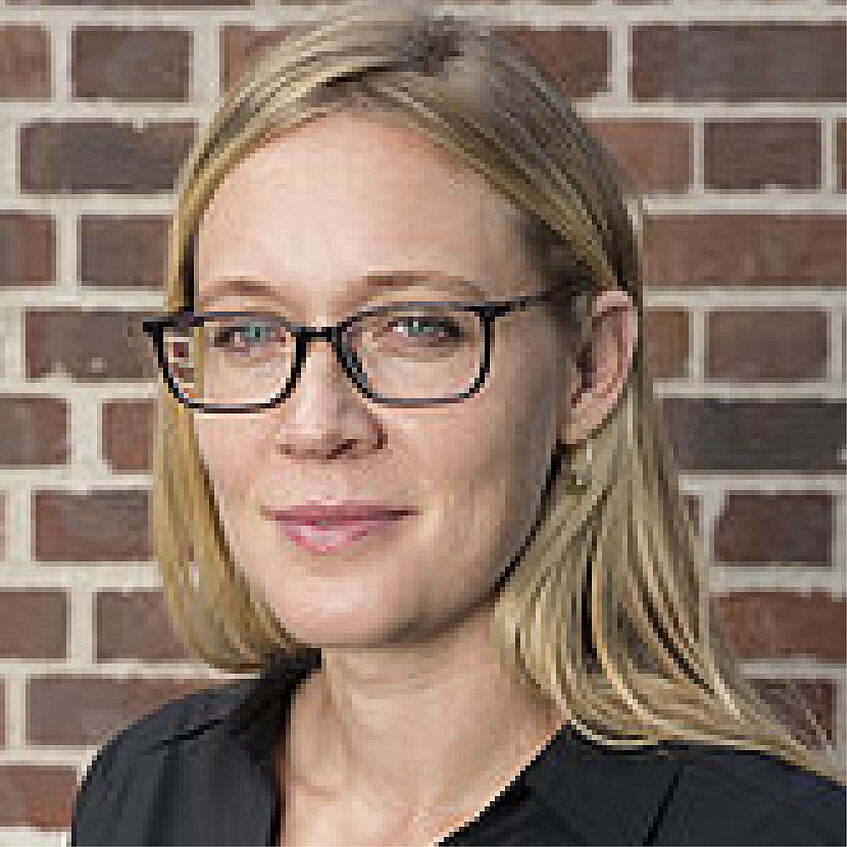
Prof. Dr. Judith Bovensiepen
Prof. Dr. Judith Bovensiepen
honorary professor
Contact Details
Institute for Social Anthropology of the Austrian Academy of Sciences
Georg-Coch-Platz 2
1010 Vienna
T: +43-1-51581 - 6475
E-Mail: judith.bovensiepen@oeaw.ac.at
Homepage: https://www.oeaw.ac.at/isa/das-institut/mitarbeiterinnen-mitarbeiter/bovensiepen-judith
Research Focus Areas
- the intersections of politics and cosmology
- animism and religious transformations
- natural resource extraction, energy and society
- human-environment relations and wellbeing
- rights of nature
- post-conflict recovery
- colonial and post-colonial history
- kinship, politics and gender
- knowledge, ignorance and wilful blindness
- sustainability and just transition
- emerging technologies in oil and gas
Short Biography
Judith Bovensiepen is the Director of the Institute for Social Anthropology at the Austrian Academy of Sciences and Honorary Professor at the University of Vienna. Before moving to Austria, she held positions in the UK and in France.
Judith Bovensiepen’s current research focuses on human-environment relations, natural resource extraction, and the transformation of animist orientations through interactions with changing political, economic and religious regimes. This is part of a broader interest in how we can draw on anthropological approaches to knowledge and ignorance in order to study the relations between energy and society.
Most of Bovensiepen’s research focusses on Southeast Asia, specifically Timor-Leste, where she has been carrying out ethnographic research since 2005. Her previous work focussed on analysing the dynamics of post-conflict recovery, examining how people’s relations with the environment are transformed by violence and forced displacement.
Judith Bovensiepen is the Leader of the Environmental Anthropology working group at the Austrian Academy of Sciences and the PI of an ERC Consolidator Grant on Animism and Extractivism in Southeast Asia (details here).
Selected Publications
- Bovensiepen, Judith (2024) Fiat speech, fiat infrastructure: Anticipation as transformative action in the emerging oil economy of Timor-Leste. American Ethnologist51 (2): 258-269.
- Bovensiepen, Judith (2023) Governing through opacity: customary authority, hidden intentions and oil infrastructure development in Suai, Timor-Leste. Special Issue on Mind/State Legibility, edited by Natalia Buitron and Hans Steinmüller. Ethnos 88 (4): 797-818.
- Bovensiepen, Judith (2021) Can oil speak? Difference and ambivalence in Timor-Leste's oil infrastructure development. Anthropological Quarterly 94 (1): 625-651.
- Bovensiepen, Judith and Mathijs Pelkmans (2020) Wilful Blindness. Special issue of Critique of Anthropology 40(4).
- Bovensiepen, Judith (2018) ed. The Promise of Prosperity: Visions of the Future in Timor-Leste. Canberra: ANU Press. Link.
- Bovensiepen, Judith and Laura Meitzner Yoder (2018) Megaprojects and National Development Models in Timor-Leste. Special Issue of The Asia Pacific Journal of Anthropology19 (5).
- Bovensiepen, Judith (2015) The Land of Gold: Post-Conflict Recovery and Cultural Revival in Independent Timor-Leste. Ithaca: Cornell University Press. Link.
- Bovensiepen, Judith and Federico Delgado Rosa (2016) Transformations of the Sacred in East Timor. Comparative Studies in Society and History 58 (3): 1-30.
- Bovensiepen, Judith (2016) Visions of Prosperity and Conspiracy in Timor-Leste. Focaal - Journal of Global and Historical Anthropology 75: 75-88.
- Bovensiepen, Judith (2014) Lulik: Taboo, Animism or Transgressive Sacred? An Exploration of Identity, Morality and Power in Timor-Leste. Oceania 84 (2): 121-137.
- Bovensiepen, Judith (2014) Installing the Insider "Outside": House-Reconstruction and the Transformation of Binary Ideologies in Independent Timor-Leste. American Ethnologist 41(2): 290-304.
- Bovensiepen, Judith (2014) Words of the Ancestors: Disembodied Knowledge and Secrecy in East Timor. The Journal of the Royal Anthropological Institute. 20(1): 56-73.
